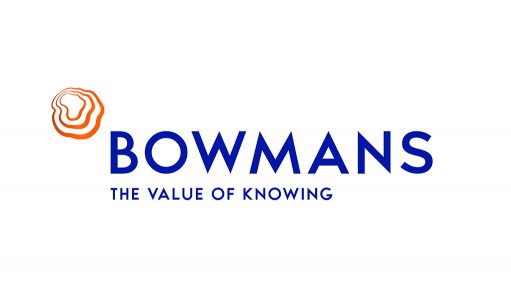
During 2018, the venture capital company (VCC) industry had to deal with a lot of uncertainty as a result of the changes to Section 12J of the Income Tax Act, 1962.
An investor in an approved VCC can claim the amount invested in the VCC as a deduction against its income. The VCC regime effectively serves to ‘de-risk’ investments for investors. It thus unlocks capital and opportunities that would not otherwise have been available to small businesses. The regime is only available for a limited period, as no deduction will be allowed in respect of shares acquired after 30 June 2021.
After a slow uptake, the VCC regime grew significantly over the last two to three years, leading (according to SARS) to a meaningful investment into the economy. However, the Draft Taxation Laws Amendment Bill (draft TLAB, 2018) published on 16 July 2018 caused the entire VCC industry to grind to a halt. The proposed changes had extremely wide application, not only targeting so-called abusive structures. In addition, some of the proposed changes would have had retrospective effect and the substantial uncertainty caused investors to apply a wait-and-see approach.
Following extensive discussions between National Treasury and the industry, revised amendments were eventually implemented, some with effect from 24 October 2018 and others with effect from 1 January 2019.
It appeared that the VCC industry was slowly recovering. Numerous invitations to invest in VCC structures have been sent to taxpayers encouraging them to invest before the end of February to reduce their tax liability for the 2019 tax year. Even Premier Helen Zille explained how investments in a VCC could be used as part of a legitimate ‘tax revolt’.
Unfortunately, some of the 12J investments currently being marketed appear to be fairly aggressive structures, some of them sailing very close to the wind. This has apparently also not escaped the attention of National Treasury, as Annexure C to the Budget Review says that ‘[i]t has come to government’s attention that some taxpayers are attempting to undermine other aspects of the regime to benefit from excessive tax deductions’.
We can thus expect to see further amendments to the Section 12J regime in the draft TLAB, 2019, which should be published towards the middle of this year. It is unfortunate that this regime (which only has just more than two years left) will again be subject to uncertainty. One can only hope that this time, the proposed amendments will in fact only target the instances of perceived abuse, and that they will not apply retrospectively. Once stability has returned to the VCC industry, it would be welcomed if the current 2021 deadline for Section 12J deductions is extended.
What does all of the above mean for investors who want to invest in approved VCCs, especially before the end of the 2019 tax year? Be careful and make sure that you are sufficiently informed about the proposed investment and its compliance with Section 12J.
Written By Aneria Bouwer, Partner, Bowmans